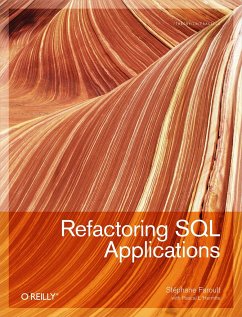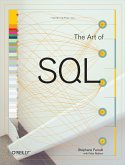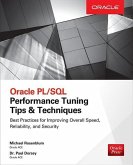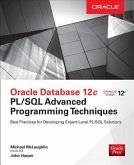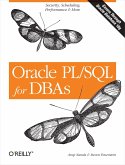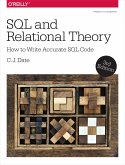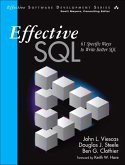What can you do when database performance doesn't meet expectations? Before you turn to expensive hardware upgrades to solve the problem, reach for this book. Refactoring SQL Applications provides a set of tested options for making code modifications to dramatically improve the way your database applications function. Backed by real-world examples, you'll find quick fixes for simple problems, in-depth answers for more complex situations, and complete solutions for applications with extensive problems. Learn to:
- Determine if and where you can expect performance gains
- Apply quick fixes, such as limiting calls to the database in stored functions and procedures
- Refactor tasks, such as replacing application code by a stored procedure, or replacing iterative, procedural statements with sweeping SQL statements
- Refactor flow by increasing parallelism and switching business-inducted processing from synchronous to asynchronous
- Refactor design using schema extensions, regular views, materialized views, partitioning, and more
- Compare before and after versions of a program to ensure you get the same results once you make modifications
Refactoring SQL Applications teaches you to recognize and assess code that needs refactoring, and to understand the crucial link between refactoring and performance. If and when your application bogs down, this book will help you get it back up to speed.
- Determine if and where you can expect performance gains
- Apply quick fixes, such as limiting calls to the database in stored functions and procedures
- Refactor tasks, such as replacing application code by a stored procedure, or replacing iterative, procedural statements with sweeping SQL statements
- Refactor flow by increasing parallelism and switching business-inducted processing from synchronous to asynchronous
- Refactor design using schema extensions, regular views, materialized views, partitioning, and more
- Compare before and after versions of a program to ensure you get the same results once you make modifications
Refactoring SQL Applications teaches you to recognize and assess code that needs refactoring, and to understand the crucial link between refactoring and performance. If and when your application bogs down, this book will help you get it back up to speed.

